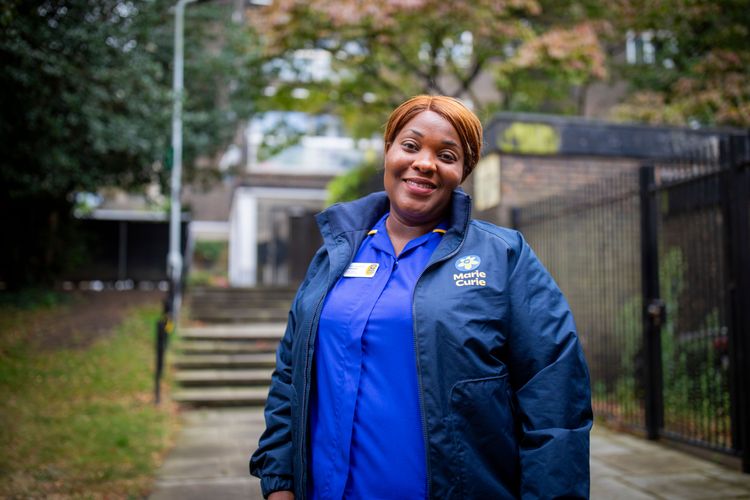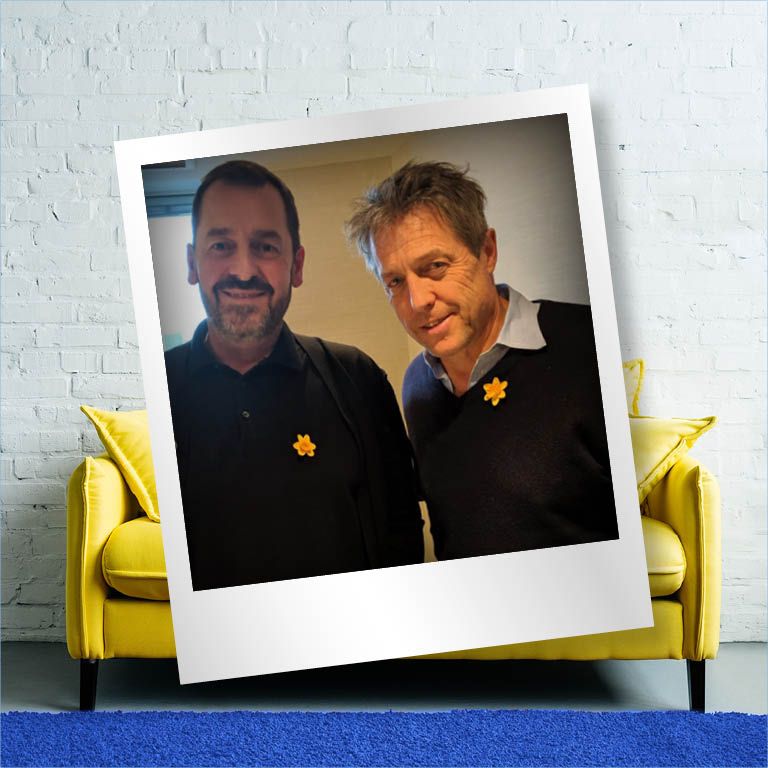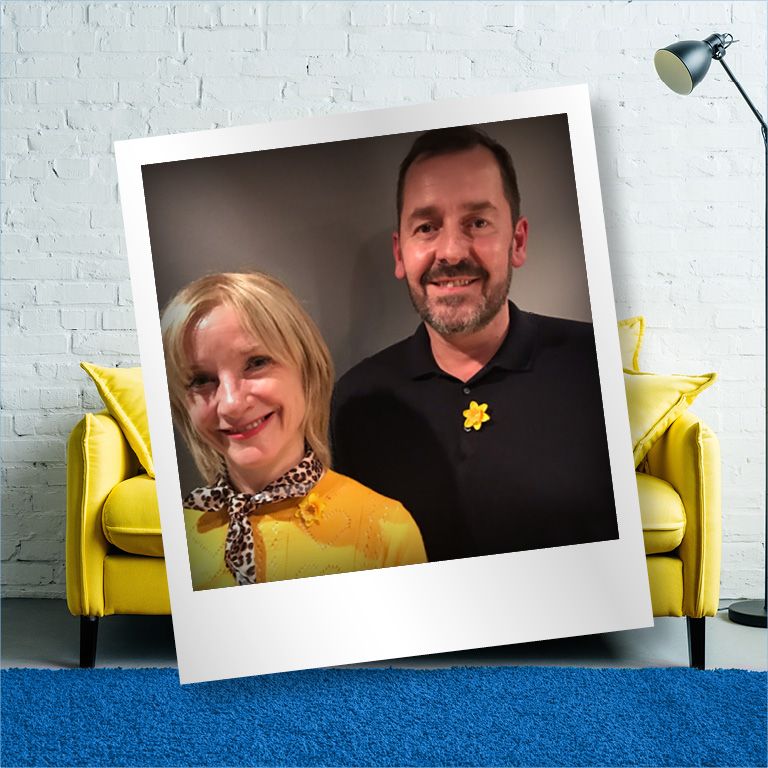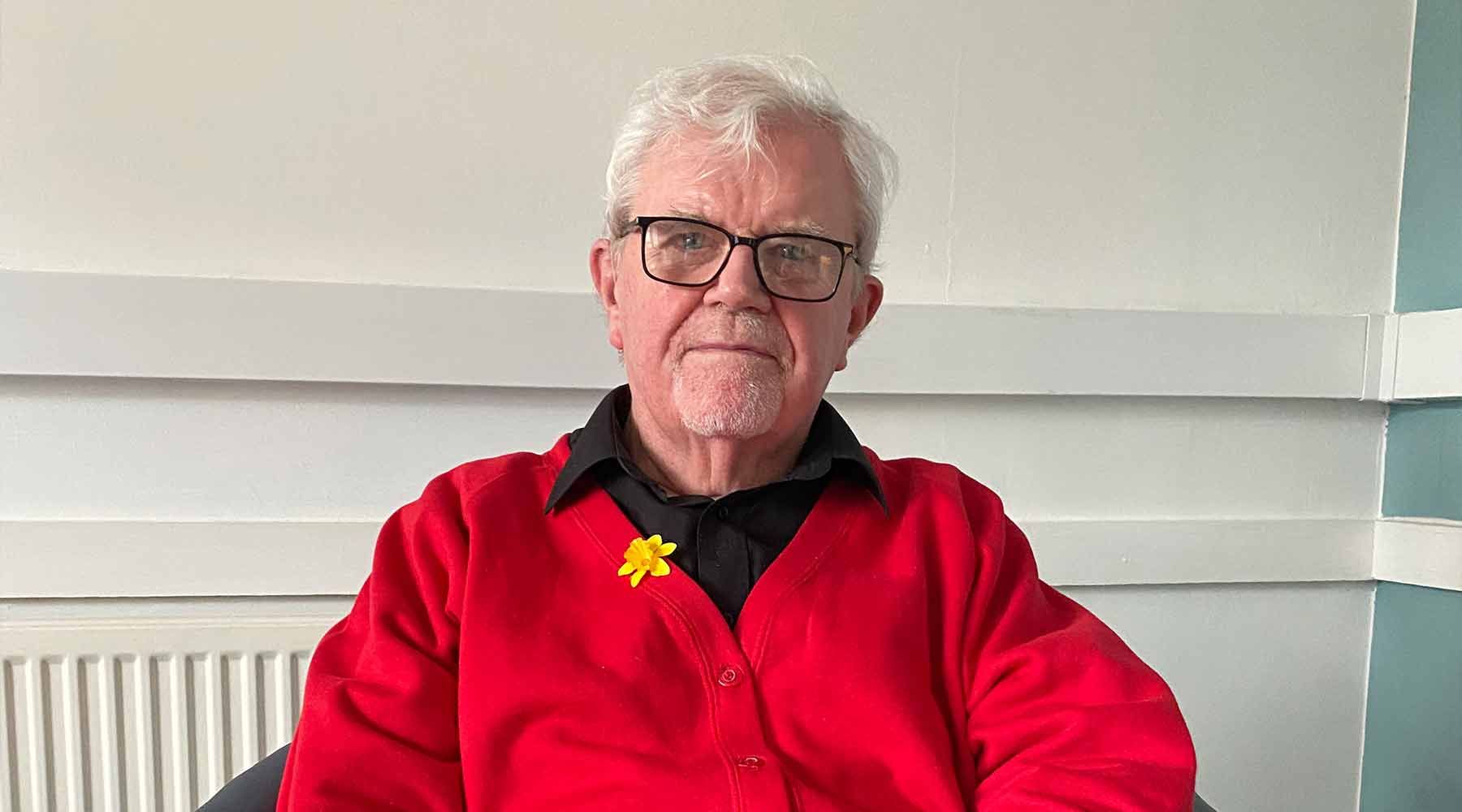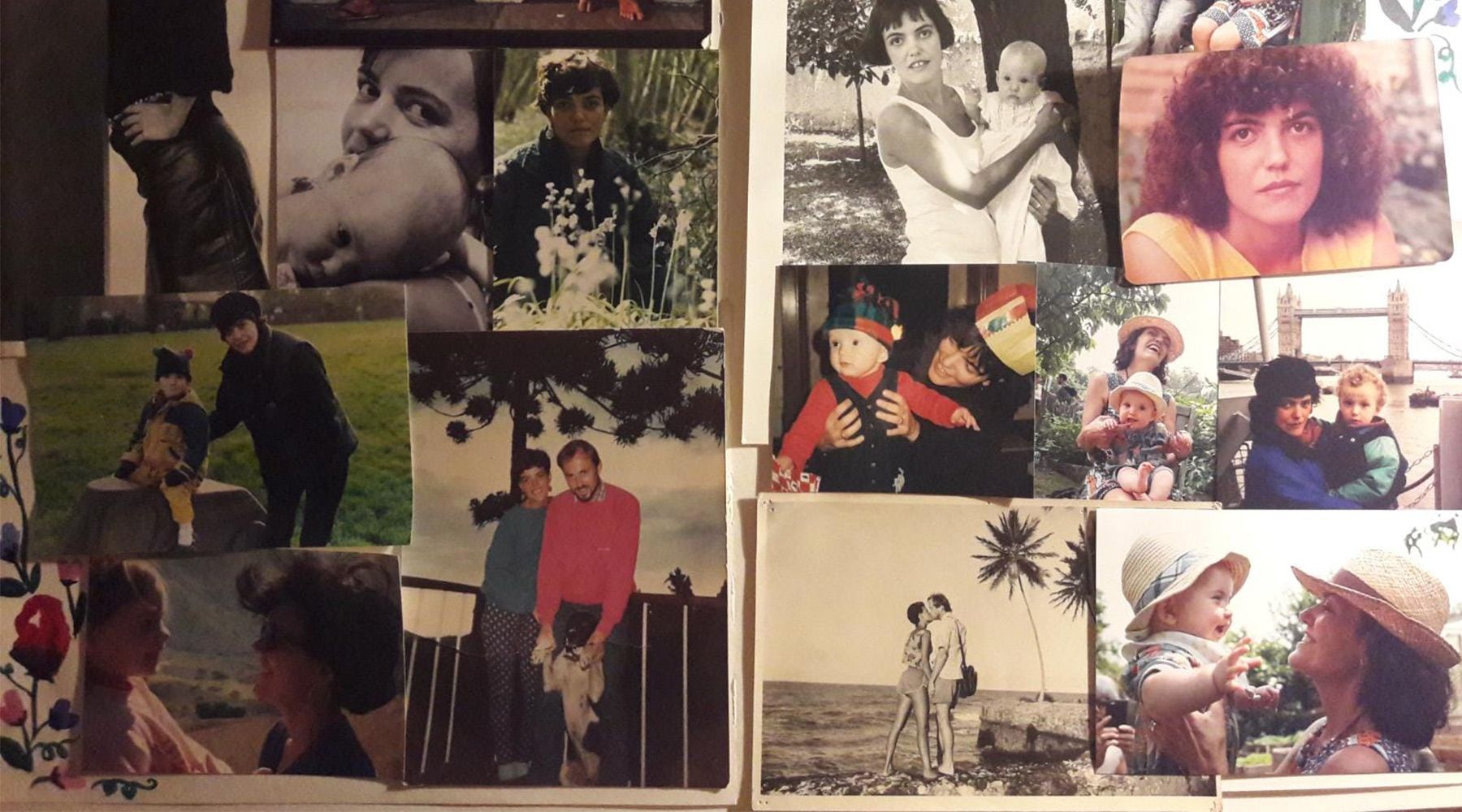Edwina Tetteh works on the Enhanced Hospice Care at Home team, which brings clinical, practical and emotional support to people who need it in the comfort of their own home.
The North London-based team of nurses, healthcare assistants and other professionals bring clinical, practical and emotional support to people who need it in the comfort of their own home.
Caring for the patient
In my role as a Marie Cure Nurse, it’s very important to personalise care because everybody is different, but as a person I hope to make them feel at peace. We might have a patient who loves being in the garden, so we’ll try our best to do little things so they can enjoy being in nature for a while.
Similarly, if we are looking after someone living with dementia, we use a different skill set because on top of our other responsibilities, we must make sure the environment is safe. That means someone is there on a one-to-one basis, ensuring they get their medication on time so they're as safe and calm as possible. Whatever we do, it’s important to treat people living with terminal illness with dignity and respect.
Supporting the family
When we arrive at people's homes, one of the first things we see is very anxious loved ones – especially when someone is in pain. They want to help, but they don't know what to do.
From the moment we arrive, they feel relieved. And when they see us at work, it gives them that reassurance. Putting the family at ease is key.
Making sure the family is comfortable is one of our main goals, because when someone is at the end of life their loved ones are under a lot of stress. It can be as simple as offering them a cup of tea, chatting with them, and generally giving them some respite. I'll even refer them to the Family Support team if needed.
Providing pain relief
Keeping people’s pain under control means they can enjoy the last moments they have with loved ones.
Pain management is really important; if a patient is in too much pain and the medication isn’t timed, they can become more agitated. Because of that we are very precise as to how and when we give pain relief. For example, if family are visiting at 3pm, we will give a patient pain medication up to 30 minutes ahead of time so it’s more likely they’ll be able to engage and make the most of their time together.
We just strive to make sure that whatever their needs are, we are meeting them.
Why hospice care at home?
Some people prefer to not go into a hospice, so it’s important that Marie Curie offers hospice care at home. Many people would rather die in a familiar place. Their own bed. Their home. So when we go into their home, we make sure they're comfortable if that’s what their preference is. It’s everything that hospice care is, but at home.
Life as a Marie Curie Nurse
To be a Marie Curie Nurse you have to be very compassionate, and you have to be patient, and that includes with the family. It’s a very difficult time for everyone involved and there’s a lot of agitation and anxiety, even anger, so it can be challenging.
What does a good death look like? It’s dignified and peaceful; not agitated, or restless. Making sure they have what they need and to make them comfortable. We are there to do just that.
There’s only one chance to give someone the best possible end of life. This Great Daffodil Appeal, you can help Marie Curie Nurses like Edwina bring expert care to more people, whatever the illness. Donate to the Great Daffodil Appeal today.
All rights reserved. Contact stories@mariecurie.org.uk for more information.
